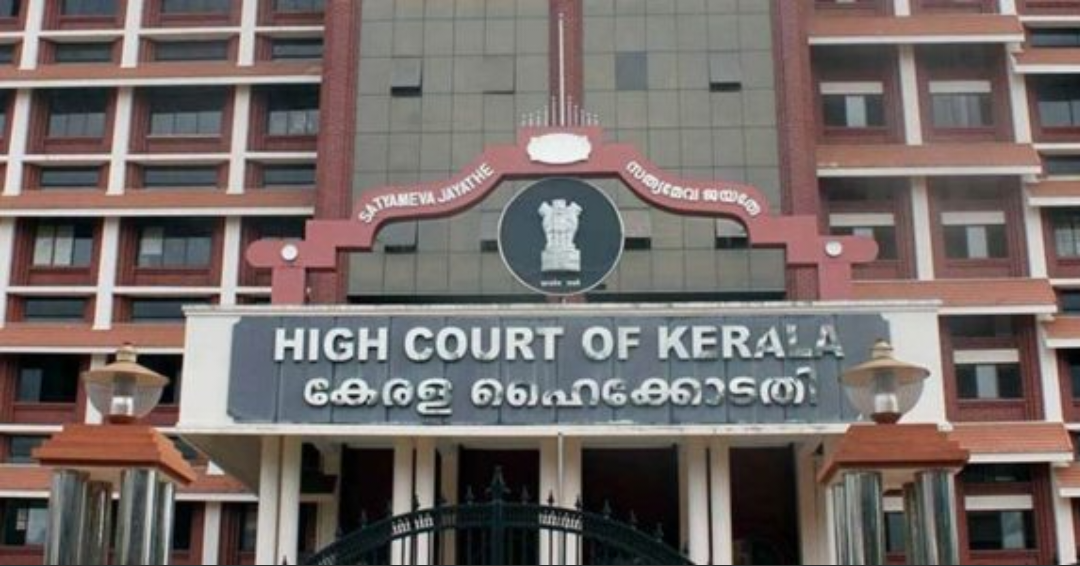
The High Court of Kerala, in a recent ruling, has provided important guidance to banks regarding the freezing of accounts at the request of the police in cases of cybercrimes. The court has directed banks not to freeze their customers’ accounts but only to withhold the disputed amount received through UPI transactions.
In a significant move, Justice Devan Ramachandran, presiding over these cases, emphasized that this decision aims to prevent a loss of trust in the UPI system, which is internationally recognized as an Indian innovation. The judge stated, “lest the people lose their faith in the UPI system itself.”
This ruling offers a significant relief to those account holders who have faced indiscriminate and indefinite freeze orders from police across the country. Advocate Ameen Hassan, representing several victims of account freeze, noted that this is the first time the high court has issued such a specific order almost prohibiting freezing of bank accounts.
However, it’s essential to note that the judge’s order applies specifically to the petitioners and UPI transactions. Those who may become victims in the future will need to approach the court for similar relief. Justice Ramachandran combined multiple petitions and delivered this judgment, providing clarity on this pressing issue.
Cybercrimes registered on the National Cyber Crimes Portal (NCCP) often involve tracing money trails from banks and requesting the freezing of accounts connected to these crimes. The petitioners, primarily retailers and restaurants, argued that they had received disputed funds through mobile payment apps, utilizing the UPI for legitimate business purposes. As a result, their businesses were severely impacted by police and bank actions.
Justice Ramachandran recognized the plight of these account holders and their inability to monitor their cases due to the geographical separation between the police stations making the requests and the account holders. The reliance on UPI for its convenience and safety had been shaken for these retailers and small business owners.
The judge questioned the need for freezing entire accounts when police had precise knowledge of the disputed amounts. The counsel for the Union government argued that these measures were necessary to trace money routed through various accounts, but no specific instructions had been given by the Home Ministry.
Justice Ramachandran emphasized that the petitioners should not be considered as accused unless they were found complicit in the cybercrime or knowingly received the money derived from criminal activities. The judgment underscores the importance of distinguishing valid transactions from proceeds of crime.
The ruling comes as a relief for those who have experienced the freezing of their accounts based on vague requests from police. The misuse of the NCCP for freezing accounts and demanding bribes from crypto traders has been a concerning issue, and this judgment seeks to address these challenges.
Among the petitioners, accounts held with various banks, including Axis Bank, ICICI Bank, Federal Bank, South Indian Bank, State Bank of India, Bank of Baroda, HDFC Bank, DBS, Porur Service Cooperative Bank in Malappuram, and Kotak Mahindra Bank, have been directed to be unfrozen, marking a significant development in protecting the rights of account holders in these cases.

Post Your Comments